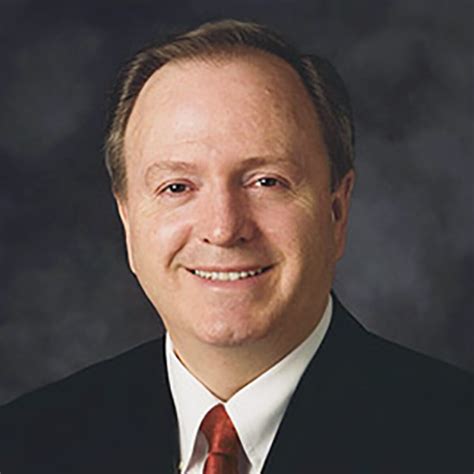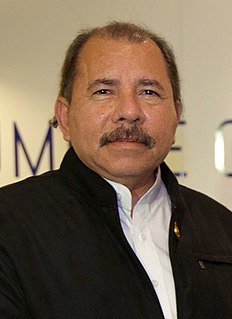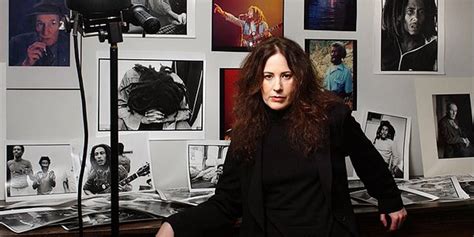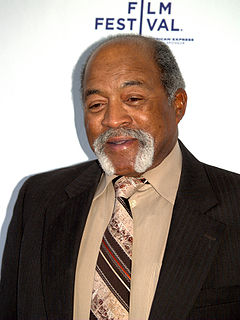A Quote by Fidel Castro
Chavez, who came out of the ranks of the Venezuelan Army, is methodical and tireless. I have observed him over the course of 17 years, since his first visit to Cuba. He is an extremely humanitarian and law-abiding person; he has never taken revenge on anybody.
Related Quotes
In his sophomore year Wilbanks tried out for the high school basketball team and made it. On the first day of practice his coach had him play one-on-one while the team observed. When he missed an easy shot, he became angry and stomped and whined. The coach walked over to him and said, "You pull a stunt like that again and you'll never play for my team." For the next three years he never lost control again. Years later, as he reflected back on this incident, he realized that the coach had taught him a life-changing principle that day: anger can be controlled.
During the last 17 years... I have been working at the restoration of a once exhausted hillside. Its scars are now healed over, though still visible, and this year it has provided abundant pasture, more than in any year since we have owned it. But to make it as good as it is now has taken 17 years. If I had been a millionaire or if my family had been starving, it would still have taken 17 years. It can be better than it is now, but that will take longer. For it to live fully in its own responsibility, as it did before bad use ran it down, may take hundreds of years.
I was the first son and first child. When my sister came along, well, she was two years younger, and I had to go to the golf course because my mother couldn't handle all the action going on. So I came with father to the golf course since I was a year and a half old and I spent the day with him here, and it worked in naturally. And it was fun for me being with my father, and doing things that a kid did it was great.
I was taken by William Burroughs’ presence and intelligence from the first time I was introduced to him, by Lester Bangs in 1975. He was thrilling to listen to. When you heard him speak, you felt that you were privy to such a rare mind. Even in small-talk, he spoke with perfect economy of language. His shoots with me were very collaborative and it was an incredible opportunity to be able to photograph him over the course of twenty years.
The humanitarian wishes to be a prime mover in the lives of others. He cannot admit either the divine or the natural order, by which men have the power to help themselves. The humanitarian puts himself in the place of God.
But he is confronted by two awkward facts; first, that the competent do not need his assistance; and second, that the majority of people positively do not want to be "done good" by the humanitarian. Of course, what the humanitarian actually proposes is that he shall do what he thinks is good for everybody. It is at this point that the humanitarian sets up the guillotine.
Fathers are always so proud the first time they see their sons in uniform," she said. "I know Big John Karpinski was," I said. He is my neighbor to the north, of course. Big John's son Little John did badly in high school, and the police caught him selling dope. So he joined the Army while the Vietnam War was going on. And the first time he came home in uniform, I never saw Big John so happy, because it looked to him as though Little John was all straightened out and would amount to something. But then Little John came home in a body bag.
Normal relations, never. We should never forget what has happened to the people in Cuba for forty years. All baseball cares about is getting players out of Cuba. It doesn't care about the suffering, just money. The Orioles shouldn't have gone to Cuba. This is a free county, but that's the way I feel.
You don't understand, you fool' says Yegor, looking dreamily up at the sky. 'You've never understood what kind of person I am, nor will you in a million years... You just think I'm a mad person who has thrown his life away... Once the free spirit has taken hold of a man, there's no way of getting it out of him.











































